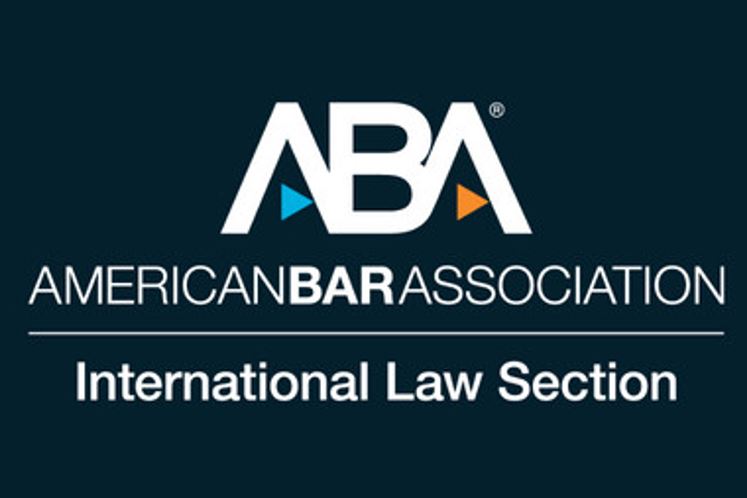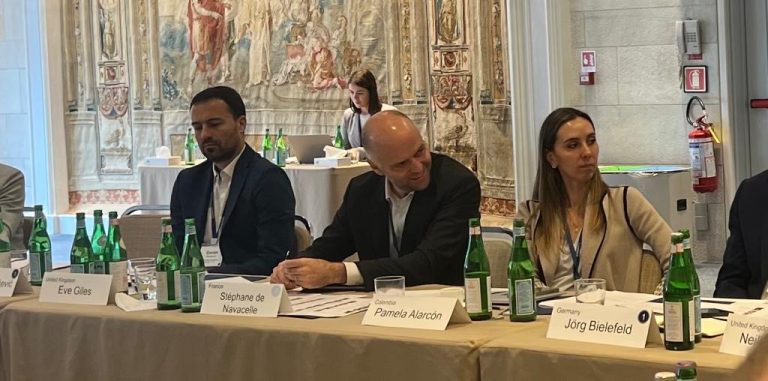I. Can allegations of corruption serve as a bar to jurisdiction of arbitral tribunals or admissibility of claims?
Under Moroccan law, arbitration agreements and arbitration clauses in the agreements are considered autonomous from the contract into which they are incorporated. This means that the absence, inefficacy, or invalidity of the contract executed by the parties shall not affect the arbitration agreement. In addition, the arbitrators must rule on their own jurisdiction, such that arguments related to lack of jurisdiction of the arbitral tribunal will be decided by said tribunal.
In general, arbitrators are not involved in the corruption allegations since this is a matter that remain out of the scope of the commercial/civil arbitration matter. Any corruption allegation must be submitted to the Prosecutor Department for investigation and examination.
Thus, allegations of corruption do not serve as a bar to jurisdiction of arbitral tribunals or admissibility of claims in the arbitration matters.
II. Can allegations of corruption affect the validity of an arbitral award?
An arbitration court decision must be enforced by the State Court. When ruling on the recognition of the award for enforcement, the State Court makes the necessary investigation and checks if the arbitration decision is compliant with the Moroccan rules and the Moroccan public order. If the allegation of corruption is not evidenced by the alleging party, such allegation may be rejected by the court.
On the contrary, if the award is contested for non-compliance with the public order and notably for corruption actions, parties can seek to set-aside the award and the State Court may challenge the validity of the award and rule on its annulment and cancellation.
III. In annulment or enforcement proceedings, can the court review the award and the merits to determine whether corruption or related offences affect the underlying dispute?
In Morocco, the judge does not review the award on the merits and cannot rule again on the dispute in case of annulment or in case of enforcement of the arbitration decision. This is also the case when the reviewing judge ensures that the award is compliant with the Moroccan public order and it cannot take into consideration new elements related to this alleged violation.
IV. Can courts review corruption allegations which have not been raised in the arbitration?
Courts ruling on motions to set aside arbitral awards can rule on their own motion when the award is deemed contrary to public policy.
In addition, when corruption allegations are raised, the alleging party has the right to introduce a criminal claim with the Prosecutor Department. If the allegation is true and evidenced, the Court has the right to open a court case of corruption against the party suspected of corruption and the Criminal Court may review awards concerned by corruption acts.
V. Do courts defer to the arbitral tribunal’s finding that no corruption acts were committed?
In Morocco, in case of corruption allegation, the State courts and the Prosecutor Department bypass the arbitration decision and have the right to investigate the corruption act and open the case based on the corruption allegation.
VI. Is there a standard of proof used by arbitrators and reviewing courts to assess the existence of corruption?
In arbitration proceedings, there are no standards of proof principle. However, since corruption is a criminal act/behavior, the evidence of the corruption must comply with the rules of evidences as practiced in the criminal matters.
VII. Which method do arbitrators and reviewing courts employ to establish evidence of corruption?
As far as we know, there has been no arbitration litigations in relation with corruption. However, since the corruption is a criminal act/behavior, the evidence of the corruption must comply with the rules of evidences as practiced in the criminal matters.
VIII. Are arbitrators seated in your jurisdiction bound by criminal proceedings on issues that could impact the underlying arbitration dispute?
It is not legally authorized in Morocco for arbitrators to examinate Criminal law matter. As per Article 44 of the Arbitration and Mediation Act of the Kingdom of Morocco, arbitrators can pursue the case even if there are issues outside of their jurisdiction if it is deemed that this issue would not affect the decision on the merits.
IX. To what extent do they rely on or defer to findings from parallel criminal investigations?
As stated above, arbitral tribunals possess the discretion to suspend their proceedings until that the State Court decides on the criminal behavior in relation with the corruption allegation.
X. Are remedies available when an arbitral tribunal rules that there is no evidence of corruption but subsequently a criminal ruling decides otherwise?
Except for the annulment or the appeal of the recognition and enforcement of award, there are no effective remedies in case of contradiction between an arbitral award and a ruling in the corruption matter by the State Court.



